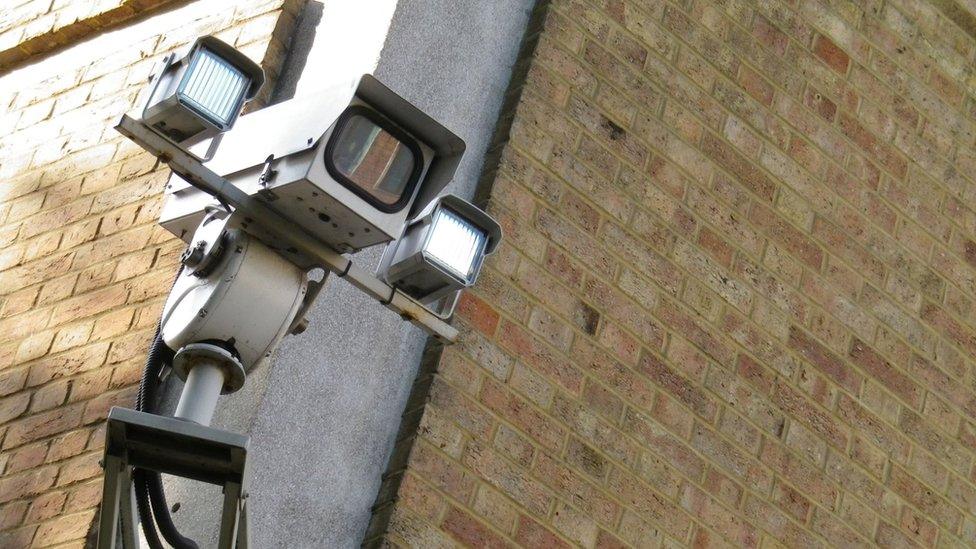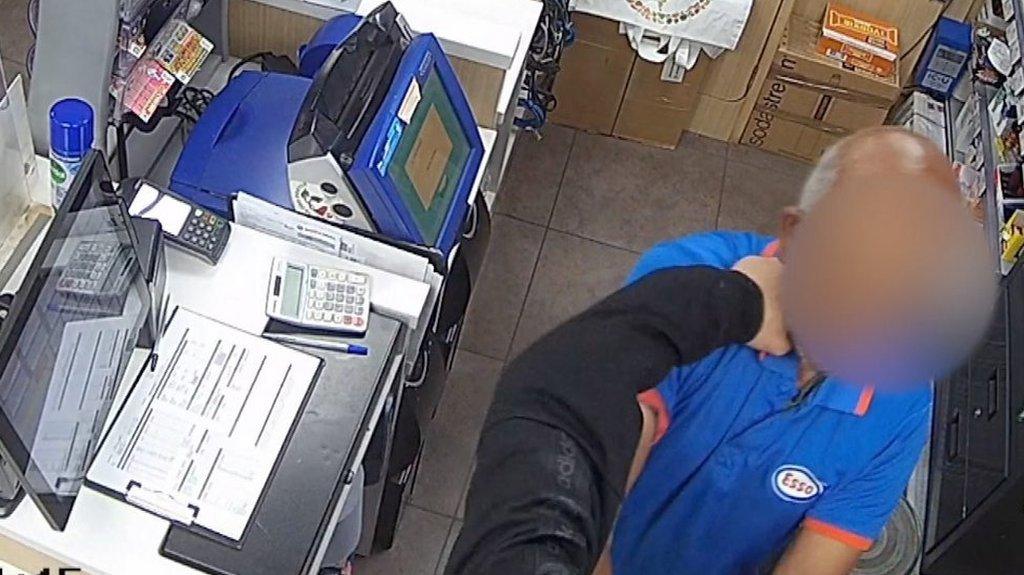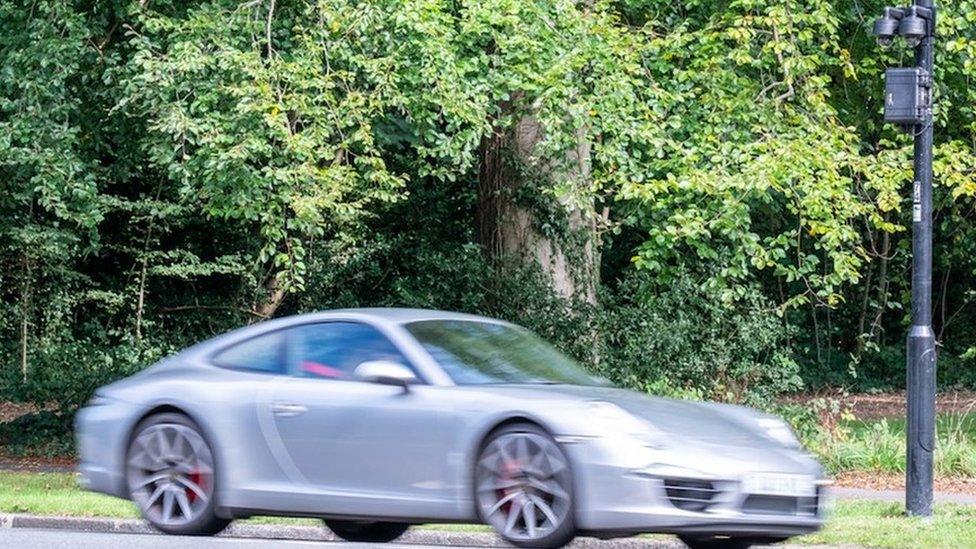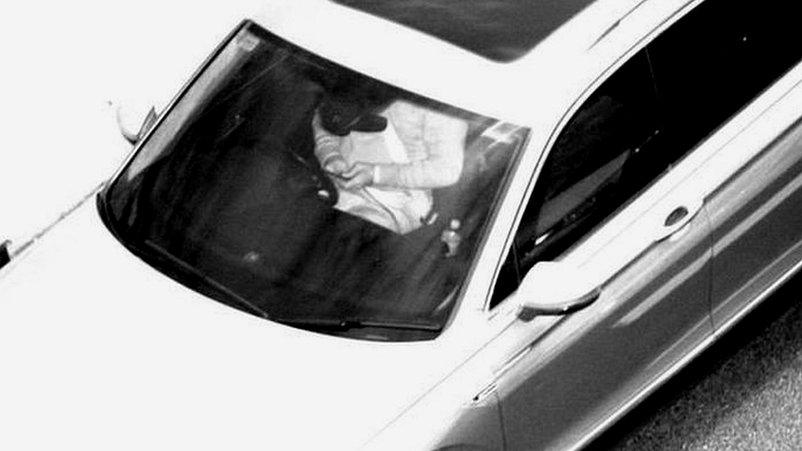Kensington and Chelsea Council admits using AI-led surveillance software
- Published

The software, which analyses troves of CCTV images, is being used on two estates in North Kensington
Kensington and Chelsea Council has admitted it is using US surveillance software on two estates but insisted it was to "keep residents safe".
The technology, which uses AI software to analyse CCTV images, is being trialled at Trellick Tower and Markland House in North Kensington.
Councillor Sof McVeigh said it had already assisted police apprehend one resident accused of carrying a machete.
But another councillor said tenants were being treated like suspects.
The west London council was forced to confirm the use of the US surveillance kit Fusus after media platform OpenDemocracy reported it was the only council in the country doing so, external.
Ms McVeigh said: "I do have to speak in support of them, because just relatively recently, a few weeks ago, a local operative was looking at these CCTV camera images of a resident going into a lift with a machete and we called the police and he was apprehended.
"CCTV does have a very important role to play in the safety of all our tenants."
Ms McVeigh added that the technology uses the internet to send pictures to a central reporting station, which can only be accessed by appointed officers and that Fusus and no other external party has access to the data.
'Banned in the EU'
However, independent councillor Emma Dent Coad questioned why Kensington and Chelsea was the only council trialling the software.
"In America, it was used to identify activists in Black Lives Matter and in China to entrap Uyghur Muslims and it has been banned in the EU. They are no longer using this kind of technology," she said.
"CCTV is one thing, this is a step up. I really think people need to understand exactly what it is and the implications of it, where it's been banned in some areas."
Ms McVeigh accused Ms Dent Coad of making "odd comments" about residents and said the technology was being used to keep people safe.
She said the residents had been aware of the trial which would last for 60 days.
"We are only going to look to implement this if more residents agree, so we will be consulting on this," she added.

Listen to the best of BBC Radio London on Sounds and follow BBC London on Facebook, external, X, external and Instagram, external. Send your story ideas to hello.bbclondon@bbc.co.uk, external
Related topics
- Published11 October 2023

- Published7 October 2020

- Published27 July 2023
